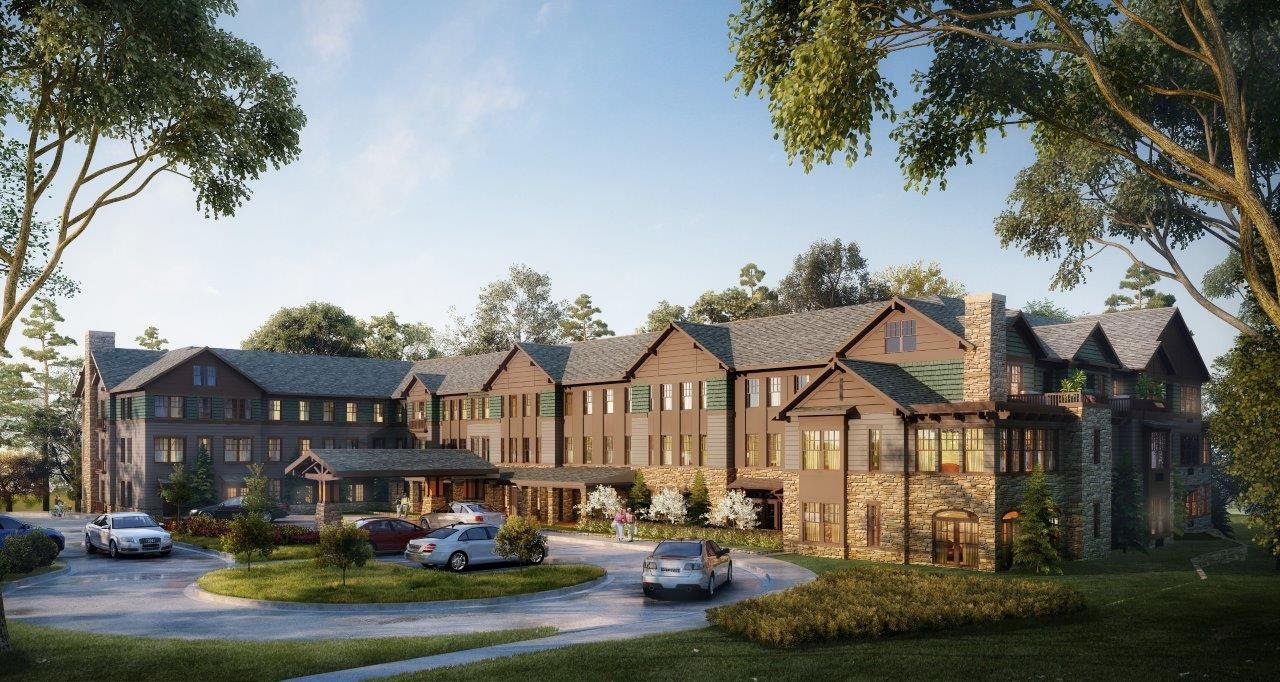New Analyses Reveal that The Eden Alternative is Associated with a Significant Difference in Nursing Home Five-Star Ratings and Reductions in Long-stay Antipsychotic Use
July 24, 2019
ROCHESTER, NY–In a culture that typically views aging as a period of decline, The Eden Alternative philosophy asserts that, no matter how old we are or what challenges we live with, life is about continuing to grow. Building on this new paradigm, it affirms that care is not a one-way street; rather, a collaborative partnership between caregivers and care receivers.
In a recent analysis of Centers for Medicare & Medicaid Services (CMS) Nursing Home Compare data from March 2019, 142 Eden Registry communities were compared to more than 15,000 nursing homes, and Eden Alternative Registry members outperformed other communities with higher overall CMS five-star ratings, higher survey CMS five-star ratings and fewer substantiated complaints. The CMS five-star quality rating system was developed to provide consumers, their families and caregivers with the ability to compare nursing homes more easily and identify areas about which they may want to ask questions.
“The correlation of Eden Registry members with higher overall five-star ratings and fewer complaints is statistically significant and consistent with what we have seen over the years,” said Amy Elliot, PhD, research and evaluation consultant.
A grant-funded collaboration with the Tennessee Eden Alternative Coalition also revealed a significant correlation. The three-year project focused on teaching nursing home staff non-pharmacological practices to help them identify and address the unmet needs of individuals living with dementia. Participating nursing homes achieved significantly higher reductions in long-stay antipsychotic use than nonparticipants, with participating homes achieving a 20.7 percent relative reduction (versus a 12.4% relative reduction for non-participants). Length of time in the project was also correlated with reductions. In particular, the group of participants starting in the first year of the project realized a 26.3 percent relative reduction in long-stay antipsychotic use overall.
Focused on changing the culture of care since 1994, The Eden Alternative approach to person-directed care initially came to life in nursing homes and has since expanded its reach to all care settings, including home care, assisted living and residential living.
Through education and consultation, Eden Alternative principles and practices support the unique needs of various living environments, ranging from the nursing home to the neighborhood street.
“Embracing The Eden Alternative principles has provided a strong foundation for success in the new quality indicator survey, as both are closely aligned in resident-directed care and choice, as well as in providing an environment of meaningful, engaging experiences,” said Malenda Hoelscher, executive director of senior living at St. John’s Living Center in Jackson, Wyoming.
Added Hoelscher, “We haven’t had a complaint in several years. We owe that to shared problem-solving, the strong relationships we have with residents and families and empowering those closest to the situation to seek solutions—all hallmarks of The Eden Alternative philosophy.”
“While we are thrilled with the recent findings, we know there is still work to be done,” said Jill Vitale-Aussem, president & CEO of The Eden Alternative. “This data highlights the achievements of our Registry members and provides us with more information about ways we can hone our initiatives in relevant and meaningful ways to create healthy cultures for team members and the people they serve and support. The Eden Alternative firmly believes that culture change unfolds one relationship at a time, and that deep change can only take root when the entire organization—from formal leadership to hands-on care partners—is involved.”
The Eden Alternative is an international, nonprofit 501(c)(3) organization dedicated to creating quality of life for elders and their care partners, wherever they may live. Through education, consultation and outreach, it offers person-directed principles and practices that support the unique needs of different living environments, ranging from the nursing home to the neighborhood street.
